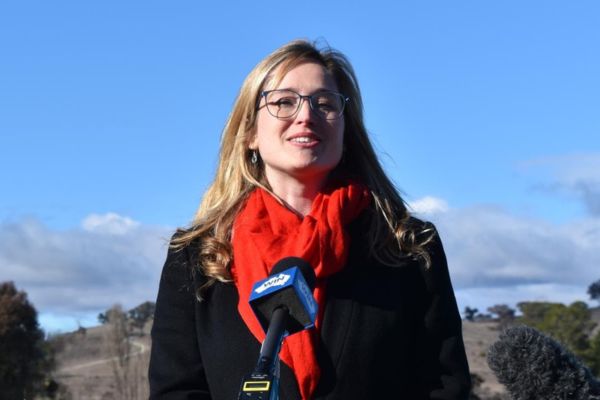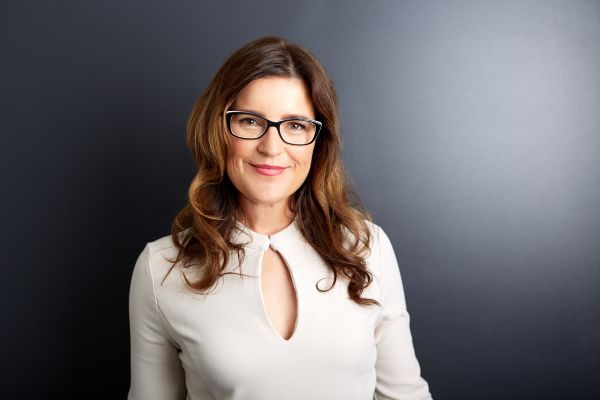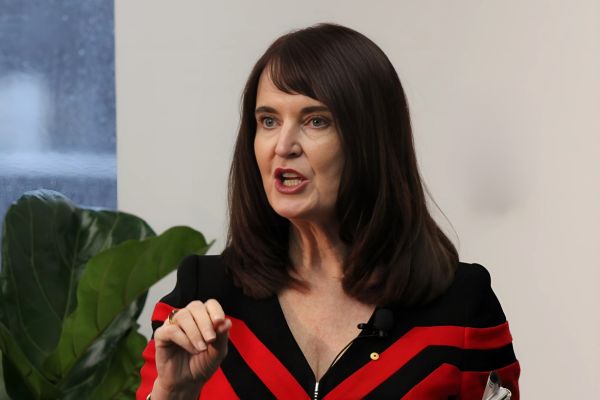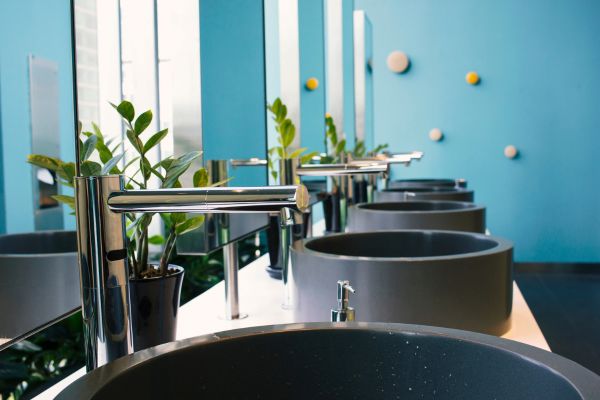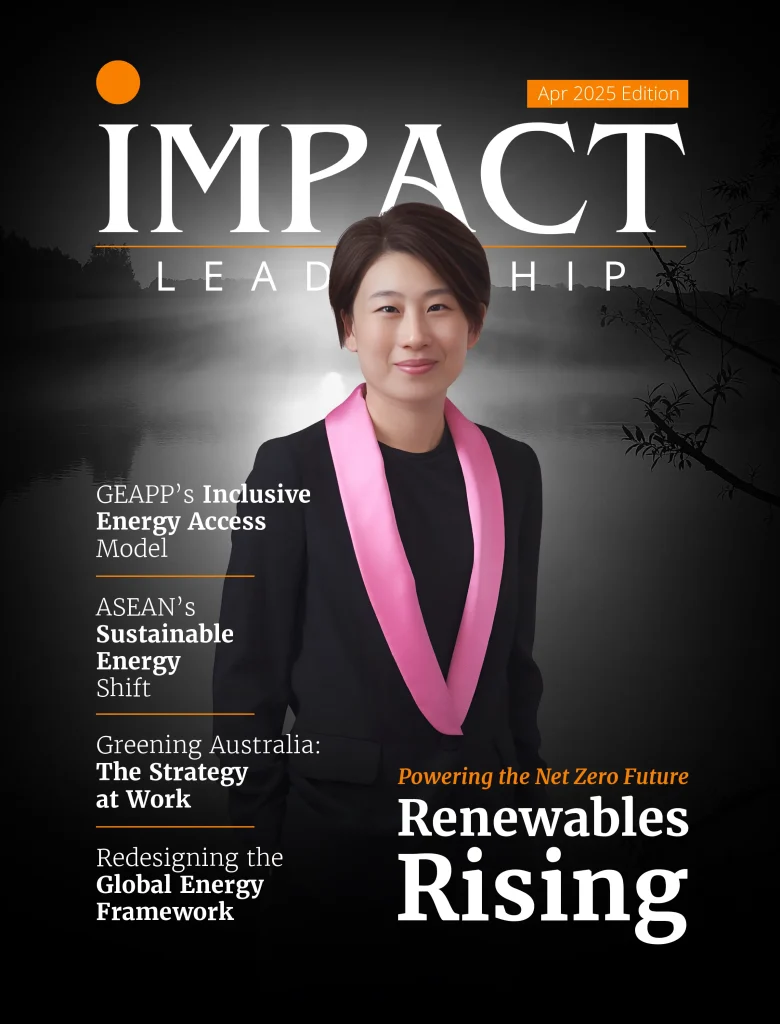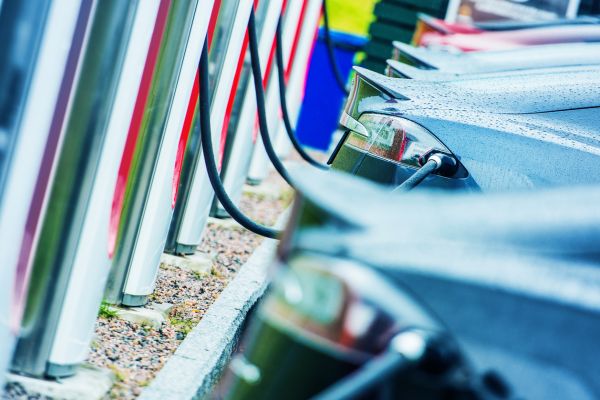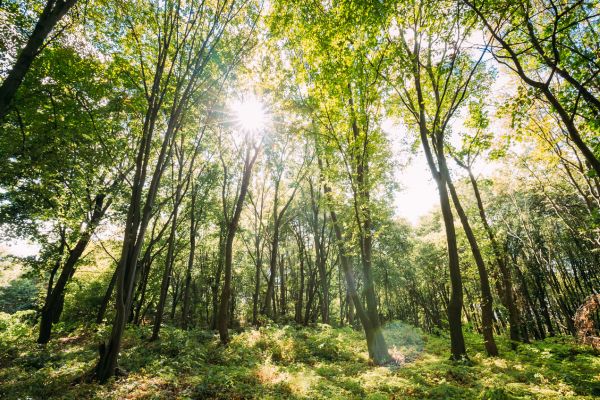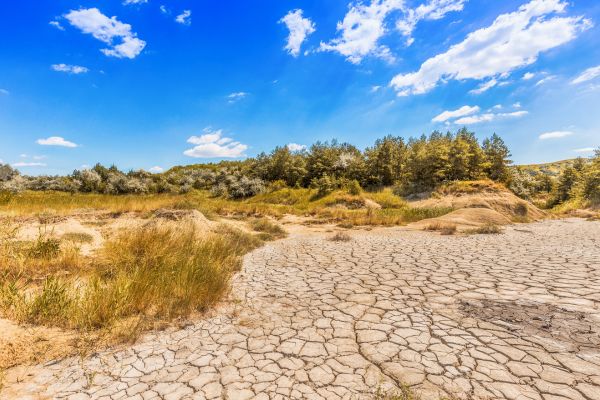Amanda McKenzie’s journey into climate advocacy is a story of resilience, innovation and unshakable determination. Nearly two decades ago, she stood alongside a group of young activists, amplifying the voices of Australia’s youth in the fight for climate action. What began with grassroots mobilization evolved into high-stakes meetings with ministers and business leaders, shaping policies that would later define Australia’s climate agenda.
But when the Climate Commission was abolished, where McKenzie had been a key figure, she refused to let its mission dissolve. “We rose to the challenge,” she recalls. “Instead, my colleagues and I launched the Climate Council just a few days later through a crowdfunding campaign.” In a single week, Australians rallied behind their cause, donating over $1 million to support the mission. Today, as CEO of the Climate Council, McKenzie continues to lead the charge, inspiring a nation to push for bold, science-backed climate solutions.
For McKenzie, climate action is as much about community and leadership as it is about policy and science. Women, she believes, play an essential role in shaping a net-zero, nature-positive future, bringing qualities of empathy, collaboration and adaptability to the forefront of climate leadership. “Women tend to put aside egos to find solutions and share the credit,” she says. “These attributes are important for anyone trying to lead in the 21st century.”
We’re in the critical decade to slash Australia’s climate pollution to protect ourselves from the worst climate change impacts. My kids are three and six, so every day I think about how today’s decisions are shaping the world they will inherit.
But with the urgency of the climate crisis growing, McKenzie emphasizes that the work is far from over. “My kids are three and six,” she said. “Every day, I think about how today’s decisions are shaping the world they will inherit.” With unwavering conviction, she continues to fight for a future where climate leadership is bold, inclusive and driven by action, not delay.
Women are at the forefront of climate advocacy worldwide. What unique strengths do women bring to leadership roles in the fight against climate change, and how can we encourage more women to step into these positions?
Amanda McKenzie: Women possess unique strengths vital to climate leadership. Often perceived as feminine attributes, community building, fostering collective action through strong networks, resilience, and adaptability are critical parts of leadership in fractured debates. Women tend to be empathetic, considerate communicators, which can help bring communities together. I see women put aside egos to find solutions and share the credit. These attributes are important for anyone trying to lead in the 21st century.
Australia has no shortage of women fighting for climate action. Like myself, women are at the helm of some of our biggest environmental organisations. Young women are organising climate strikes or pushing for reforms that require the federal government to fulfil their duty of care in protecting young Australians from climate change.
To encourage more women to become climate leaders, we must highlight our abundance of successful role models, provide tailored support and mentorship programmes, and foster inclusive environments where their voices are valued and they can lead without facing discrimination. The women dedicating their time and passion to battling the climate crisis are filling seats at every leadership table. This will ultimately make our world a better, safer place for generations to come.
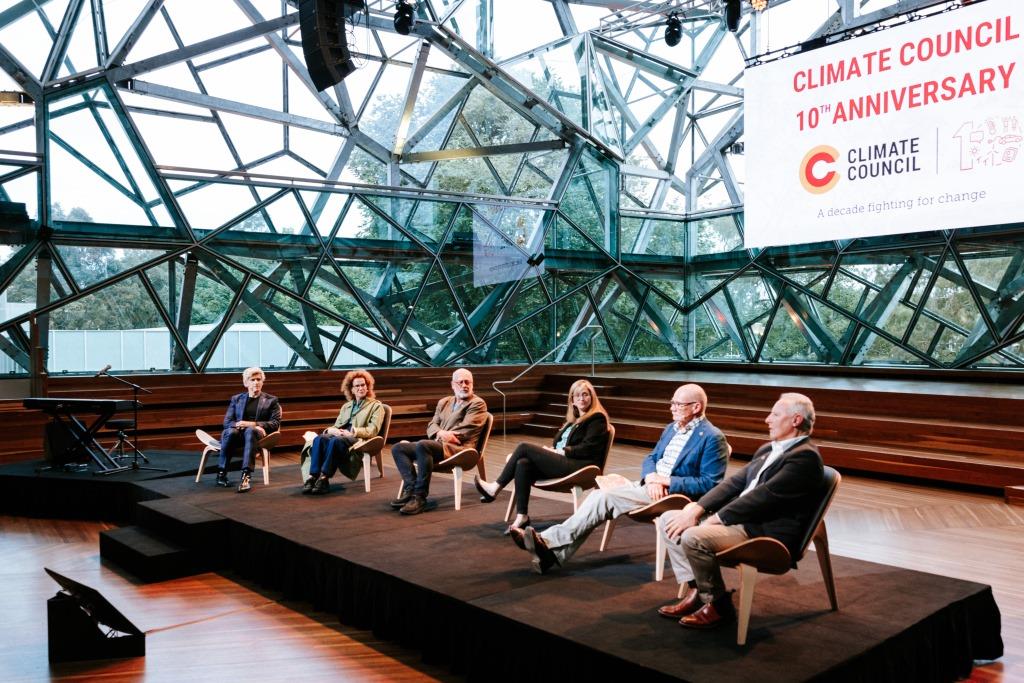
You’ve fought against denialism, delayism, and blockers to accelerate climate action. How do you stay resilient in the face of opposition, and what advice would you give to other women advocating for change in difficult spaces?
Amanda McKenzie: The Climate Council has operated amidst political opposition, denialism, delayism, and fossil fuel industry influence. We launched the Climate Council with the firm conviction that Australians deserved a clear, independent voice on climate change.
I also think about the legacy we’ll leave for our children, their children, and all the generations to come. We’re in the critical decade to slash Australia’s climate pollution to protect ourselves from the worst climate change impacts. My kids are three and six, so every day I think about how today’s decisions are shaping the world they will inherit.
To fight for gender equality, we must also fight to ensure that we have a future where we can see it flourish. For me, becoming a mum has made striving for a safer future even more pressing. When I hear things like “net zero by 2050,” I think: “My daughter is going to be in her 30s by then.”
Australia is now 40% powered by clean renewable energy, and four million Aussies have solar panels on their roofs.
My resilience stems from focusing on scientific evidence, strong community support, strategic adaptation—including our shift to an advisory role – and clear communication about climate urgency and solutions. But more than that, I’m inspired by the dedicated people – from farmers to firefighters to scientists – fighting to protect everything we hold dear.
My advice to other women: be confident in what you know and your right to advocate; be adaptable; communicate clearly and persistently; and never give up. Resilience isn’t about invincibility but about bouncing back. As women, we need to remind each other to prioritise our well-being to make sure we can run a marathon, not just a sprint…
Read the full story in the March 2025 issue of Impact Leadership magazine.
